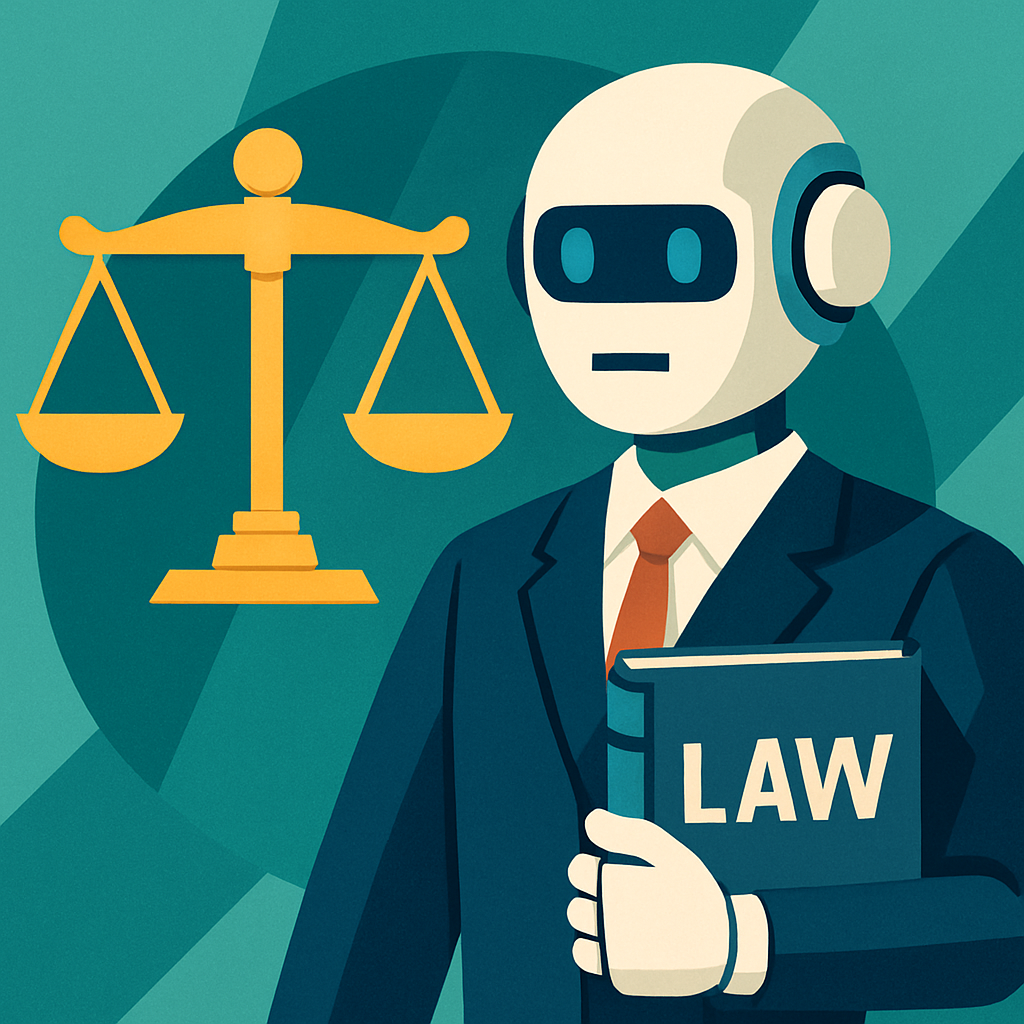
Robo-Lawyers: Can AI Replace Attorneys?
In a courtroom not far from San Francisco, something unusual happened this year. Instead of a high-powered attorney standing beside the defendant, it was an app — powered by artificial intelligence. Welcome to the age of the robo-lawyer.
Over the past year, legal startups have been racing to build the first fully functional AI that can represent a person in court. The idea? You strap on smart glasses, get real-time legal prompts through an earpiece, and say exactly what the AI tells you to. It’s like having your own personal Harvey Specter in your pocket — minus the thousand-dollar hourly fee.
The most well-known of these projects, DoNotPay, claims it has developed an AI capable of arguing minor cases in traffic court. But the implications go far beyond parking tickets. If AI can draft contracts, sift through legal precedents, and file motions — why pay for a human lawyer at all?
“The law is, at its core, a language — and AI is getting frighteningly good at language. We’re not replacing lawyers tomorrow, but we’re definitely redefining the profession.”
— Joshua Browder, Founder of DoNotPay
AI legal tech is already being used to automate parts of the legal workflow. Document review, case analysis, and even predictive judgment outcomes are now within reach of machine learning models trained on decades of legal data. Some firms use GPT-like models to generate first drafts of contracts or even respond to routine client questions.
Supporters argue that this could democratize access to justice. In the U.S. alone, over 80% of low-income individuals face legal issues without representation. An affordable AI assistant could level the playing field for millions.
But the legal establishment is hesitant — and sometimes outright hostile. The American Bar Association has raised red flags about non-human representation. Courts in multiple states have blocked AI from representing clients, citing unauthorized practice of law.
There's also the issue of accountability. If an AI makes a mistake, who’s liable? And can a machine truly understand the nuance of legal ethics, client confidentiality, and courtroom decorum?
Still, the momentum is hard to ignore. Major firms like Allen & Overy and Latham & Watkins are investing heavily in AI tools. Meanwhile, law schools are quietly starting to teach students how to work with — not against — these systems.
Whether you see it as a threat or an opportunity, one thing is clear: robo-lawyers are here. The legal world is changing, and the courtroom of the future may look a lot more like Silicon Valley than Wall Street.